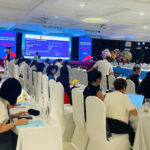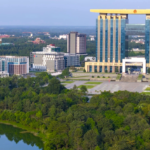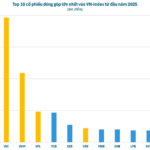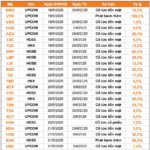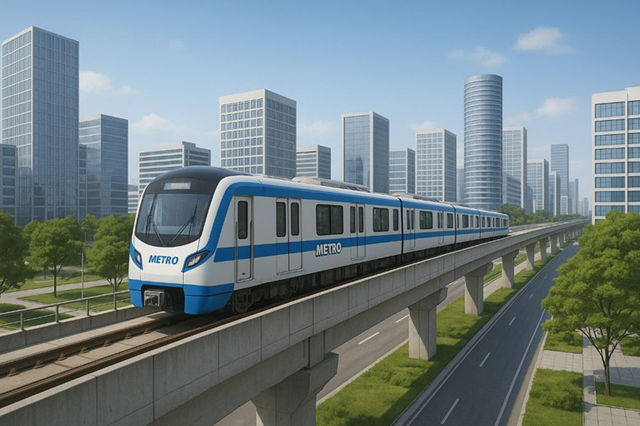
The Council, chaired by the Minister of Finance and vice-chaired by the Vice Minister of Finance, includes leaders from multiple ministries and municipal governments: Construction, National Defense, Public Security, Justice, Agriculture and Rural Development, Natural Resources and Environment, Science and Technology, and Industry and Trade, as well as Ho Chi Minh City and Binh Duong province. The Ministry of Finance serves as the Council’s permanent agency.
The Council’s responsibilities and authority, as well as those of its members, are defined by Decree No. 29/2021/ND-CP, which outlines the process and procedure for appraising national important projects. Members are required to provide feedback within the specified timeframe. If no response is received by the deadline, it is understood that the member agrees with the content of the consultation and will be held accountable for their lack of timely response.
The Council is tasked with finalizing the Appraisal Report, which must clearly determine whether the Pre-Feasibility Study Report meets the conditions for approval by the Government and submission to the National Assembly for investment policy decision. The appraisal cost is determined in accordance with Article 12 of Decree 29. The Council may use the seal and account of the Ministry of Finance for its activities if necessary.
Agencies with members on the Council should delegate representatives and send official documents to the Ministry of Finance by May 19. The People’s Committee of Binh Duong province is responsible for providing complete and relevant documents to facilitate the appraisal process.
The 29-kilometer Urban Railway Project No. 1 will connect Ga S1 Station in Hoa Phu Ward, Thu Dau Mot City, Binh Duong Province, to Ben Xe Suoi Tien Station, linking to Ho Chi Minh City’s Metro Line No. 1. The line will pass through four cities in Binh Duong: Thu Dau Mot, Tan Uyen, Thu An, and Di An.
The project is expected to enhance transportation connectivity between Ho Chi Minh City and Binh Duong, expand urban development space, and promote population and labor distribution along the corridor.
– 21:00 18/05/2025
“BCM Chairman: Equity Fundraising Drive Can Be Extended to 2030 If Challenges Persist”
On May 15, Becamex IDC, a leading industrial investment and development corporation listed on the Ho Chi Minh Stock Exchange (HOSE: BCM), held its annual General Meeting of Shareholders. The company presented key agenda items for 2025, including its business plan, dividend distribution proposal, and the election of additional members to its Board of Directors.
Unlocking the Golden Potential: Will Binh Duong Attract Another Tech Giant?
This leading global enterprise is planning to expand its investment operations in Vietnam. With a strong presence already established in the country, the company is now looking to further strengthen its position and tap into the vibrant and burgeoning Vietnamese market. This expansion underscores the company’s commitment to driving growth and creating long-term value, not just for itself but also for the local economy and community. Details of the investment plan are yet to be unveiled, but the company assures that it will bring about significant developments and exciting opportunities for all stakeholders involved.
Expediting Key Initiatives: A Directive from the Binh Duong Secretary Ahead of the Highly-Anticipated Merger with Ho Chi Minh City
“The Secretary of the Binh Duong Provincial Party Committee emphasized the need to expedite the progress of strategic projects, setting clear timelines for task completion. With the upcoming debut of 36 merged wards, timely execution is paramount. This initiative underscores the province’s commitment to efficient governance and strategic development, ensuring a prosperous future for its citizens.”
Should You Invest in Real Estate Amidst the Proposed Merger of Ho Chi Minh City, Binh Duong, and Ba Ria-Vung Tau?
The proposed merger of Ho Chi Minh City with Binh Duong and Ba Ria-Vung Tau provinces offers a unique opportunity to reshape the urban landscape and infrastructure of the region. However, this transitional phase presents inherent risks, especially for new investors entering the real estate market.



























